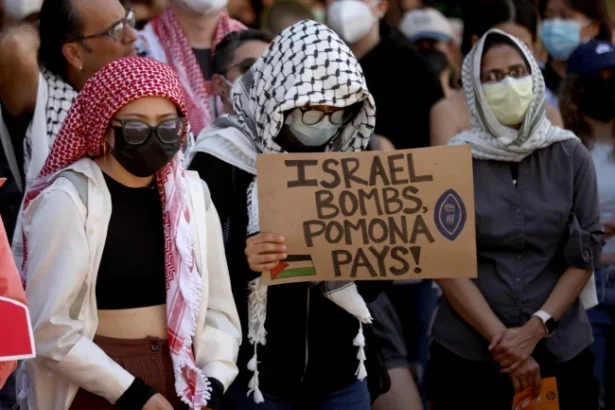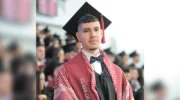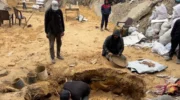Some college administrators are increasingly punishing student activists with suspensions, expulsions and arrests…
The actions of the students and the college administrators resemble campus climates during the Civil Rights Movement, Vietnam War and the apartheid era in South Africa… What has changed is the pressure politicians and donors now exert on college leaders to support a particular viewpoint
by Kathryn Palmer, reposted from Inside Higher Ed, April 15, 2024
In late March, Vanderbilt University police arrested four students and a local journalist after protesters took over the chancellor’s office, demanding the administration restore an Israeli divestment-related amendment removed from the student government ballot. Three students were subsequently expelled and others received suspensions or disciplinary probation.
Less than two weeks later in California, 20 students were arrested at Pomona College — and some have since been suspended—after masked protesters from the Pomona Divest from Apartheid coalition stormed the president’s office and allegedly hurled a racial slur at an administrator.
And on Saturday, the Students for Justice in Palestine chapter at Rutgers University at New Brunswick said in a statement that it was cancelling a walkout “in solidarity and remembrance of the people of Gaza who no longer have any universities left,” planned for Monday, after administrators reportedly warned them of possible suspension or even expulsion if the protest went forward.
In some ways, the actions of the students and the college administrators resemble campus climates during the Civil Rights Movement, Vietnam War and the apartheid era in South Africa, among other eras of social upheaval. What has changed, however, is the pressure politicians and donors now exert on college leaders to support a particular viewpoint.
‘Outside Pressures’
“The outside pressures are real, larger than they’ve been in my memory and are going to continue to build,” said Tom Ginsburg, a law professor at the University of Chicago and faculty director of the university’s Forum for Free Inquiry and Expression. He noted that incidents of students shouting down campus speakers with whom they disagree in recent years is part of the larger context.
“That’s been building and it’s changed the academic culture in a bad way,” Ginsburg said. “We’re seeing some backlash against that and university leaders are caught in the middle.”
The intensified pressure on university leaders is likely to be on display Wednesday on Capitol Hill, where Minouche Shafik, president of Columbia University, and the co-chairs of its Board of Trustees will testify before the House Education and Workforce Committee about the university’s response to antisemitism.
The presidents of the University of Pennsylvania, MIT and Harvard University testified before the same committee in December, and were criticized for equivocating on questions about whether calls for the genocide of Jewish people violated university code of conduct policies.
By January, Penn and Harvard’s presidents had resigned.
“Politicians, having gotten two Ivy League university presidents fired, see great merit in keeping this issue alive and are using the moment to turn to other longstanding goals, one of which is attacking DEI bureaucracies,” Ginsburg said. “The issue now is well beyond Israel and Palestine. It has to do with whether universities can actually govern ourselves in ways that accomplish our mission or if we will be continually subjected to restrictions from the government along with the other pressures we face from society.”
In the lead-up to Columbia’s turn in the hot seat this week, Columbia earlier this month suspended students who held an unauthorized panel discussion called “Resistance 101” that featured speakers from the pro-Palestinian groups Within Our Lifetime, Masar Badil and the Samidoun Palestinian Prisoner Solidarity Network.
Shafik, Columbia’s president, said in a statement that the speakers are “known to support terrorism and promote violence,” characterizing the event as “an abhorrent breach of our values.”
Kathryn Palmer is a general assignment reporter for Inside Higher Ed.
RELATED:
- When university donors have a pro-Israel agenda
- Keeping “Hidden History” Hidden: American Historical Association Censors Ad for Book on Israel, Palestine & the US
- I once ran Human Rights Watch. Harvard blocked my fellowship over Israel
- How an Israel Lobby Group Infiltrated US Education
- A New Wave Of Hardline Anti-BDS Tactics Are Targeting Students, And No One Knows Who’s Behind It
- Israeli dual citizens driving US laws against Palestinians, BDS, etc
- Glenn Greenwald: What really caused Claudine Gay’s ouster?





